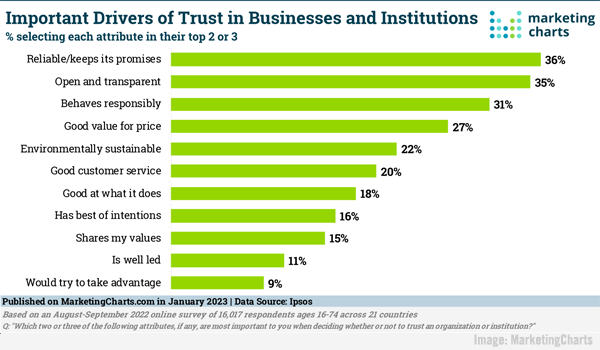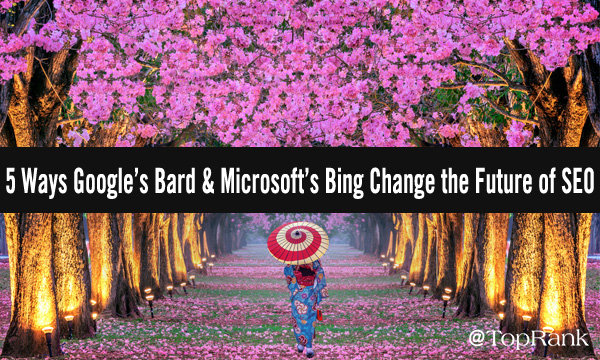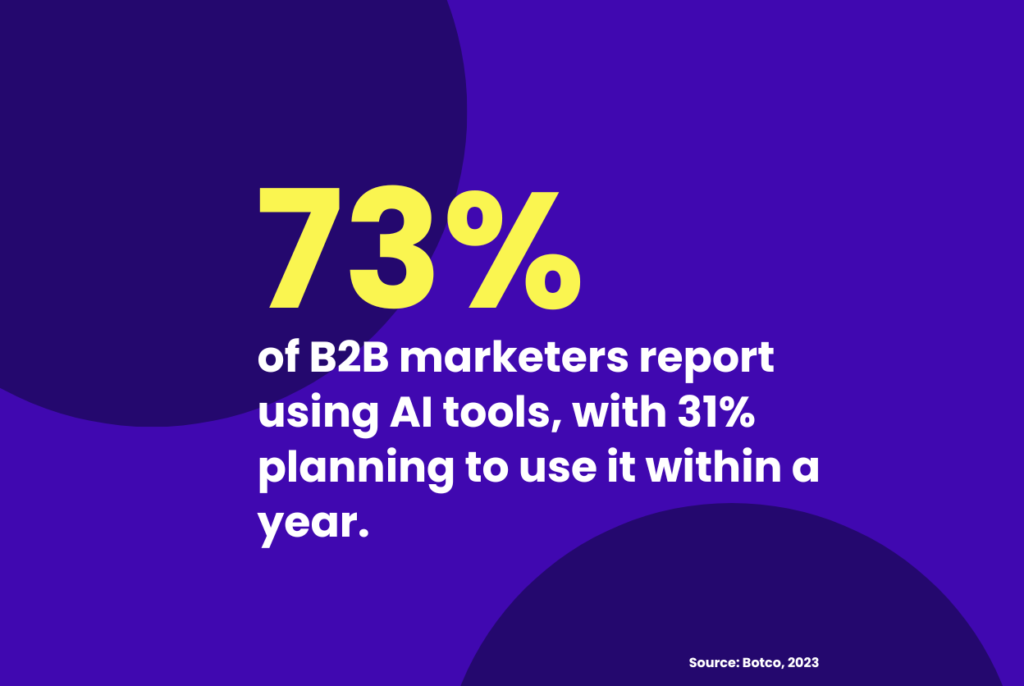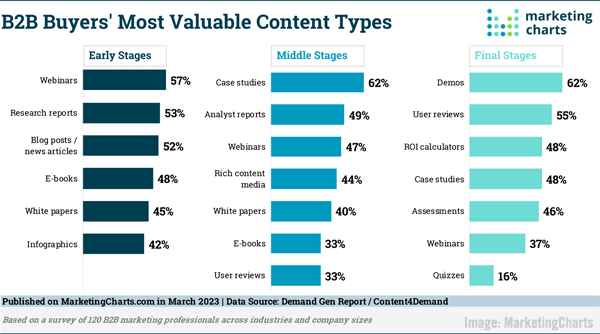Turning B2B to Being-2-Being: 5 Top Insights B2B Marketers Need To Know About Google’s AI Search Future
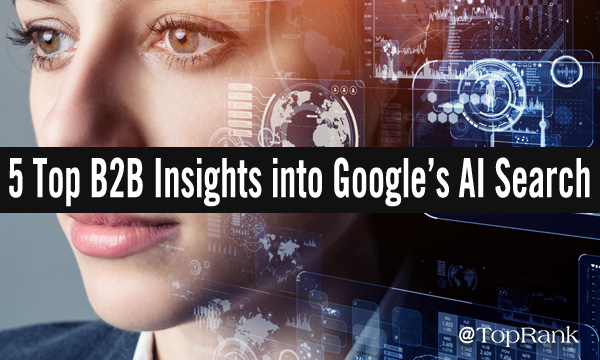
By Lane Ellis
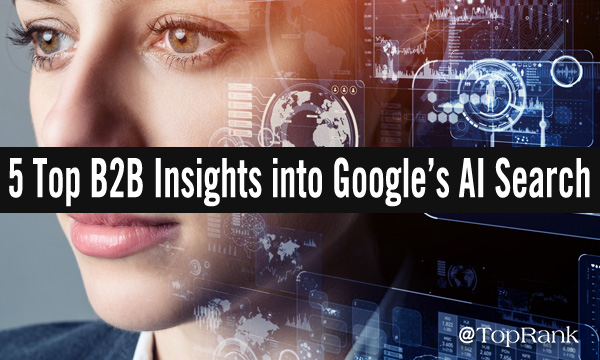
What will Google’s generative artificial intelligence (AI) search future look like, and will the search giant be able to make good on its goals of aligning its systems to principled human values?
Google recently set forth plans to expand its generative AI search technology offerings, laying out an initiative code-named Project Magi, which could have a limited roll-out as early as May 2023, while its all-new generative AI-powered search experience has been slated to arrive sometime after.
“Working on AI at Google literally feels like you’re living in the future. It’s one of the most exciting things I’ve done in my career,” Marvin Chow, vice president of global marketing at Google, recently noted.
“History shows that we will under-estimate the long term possibilities but over-estimate the short term impact. Regardless, all of our lives are about to go through a rapid evolution of change that will make things easier, make us smile but also make us question our responsibility to society and our community,” Chow observed.
[bctt tweet=”“Working on AI at Google literally feels like you’re living in the future. It’s one of the most exciting things I’ve done in my career.” — Marvin Chow @theREALmarvin” username=”toprank”]
Google’s long-standing dominance in search has undergone a certain amount of foundation-shaking turbulence with Bing’s public launch of its AI-infused search offerings, and with several of Google’s lucrative search partnership contracts including Apple and Samsung up for renewal in 2023, this will likely go down as the year the search giant faced the most disruption since it rose to the top of the search mountain.
Search Is Most-Desired AI Feature
It should come as no surprise that the AI-driven product a leading 49 percent of U.S. adults were most interested in came in the form of AI-powered online search, according to recently-published survey data.
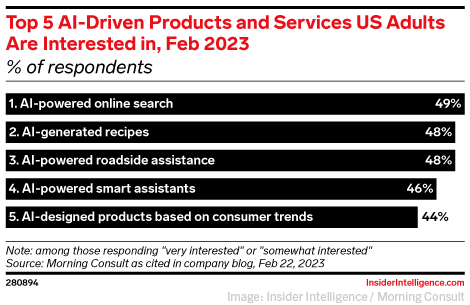
In in the B2B sector — with its longer buying cycles and greater number of touch-points than in the B2C world, a better search experience thanks to generative AI could be especially welcome, as B2B buyers seek to find information about generally more complex products and services. Marketers have traditionally made search a component of brand promotion strategies, in both non-paid organic and paid search advertising, with Google long holding the undisputed dominant role in search.
76 percent of U.S. advertising buyers noted that ads placed alongside Google search had the highest return on investment (ROI), according to Cowen survey data, and recent WARC survey data has shown that 53 percent of marketers expect to boost spending with Google in 2023 — a figure that is down from the 59 percent seen in 2022 — with some 11 percent planning to increase spending with Bing.
An increase of 27 percent during 2023 over 2022 global spending on AI has been predicted, with 2023 spending set to …read more
Source:: Top Rank Blog





